The Dangerous Exceptionalism of Christian Zionism
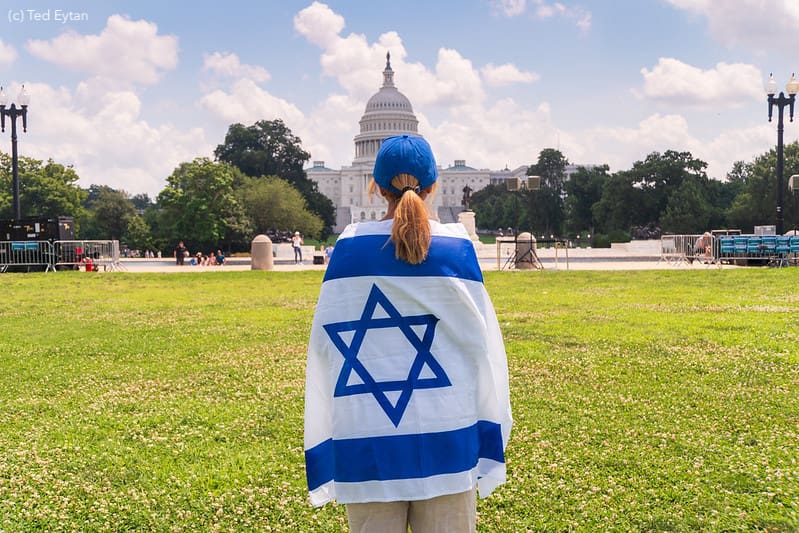
In recent years, much has been written about the overwhelming support former President Donald Trump has received from white evangelical Christians, particularly Christian Zionists. Less examined is the relationship between white supremacy and Christian Zionism, namely their overlapping ideologies and political clout.
In this policy brief, analysts 24418 and 24484 examine the sinister synergy between Christian Zionism and white supremacy, unpacking the exceptionalism upon which Christian Zionist racist ideologies, discourses, and politics are based.
The Palestinian Authority’s Revolving Door with Alaa Tartir
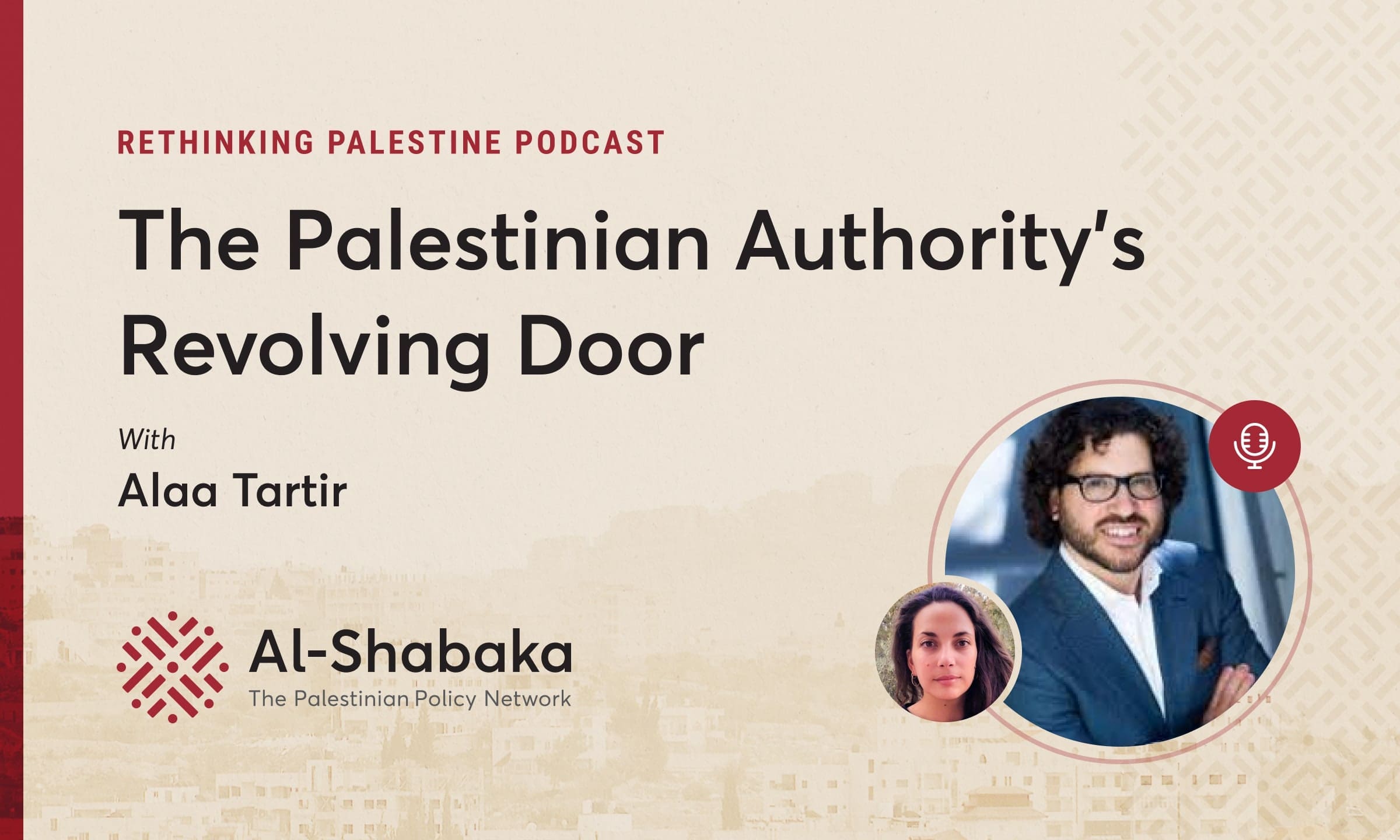
The transcript below has been lightly edited for brevity and clarity. Alaa Tartir 0:00 What is common between the Palestinian Authority and the Israeli regime, as far as the revolving door policy is concerned, is that it highlights a shared interest of the Palestinian Authority, Israel, and their international supporter, in doing one thing, which […]
Focus On: Visions for Political Futures
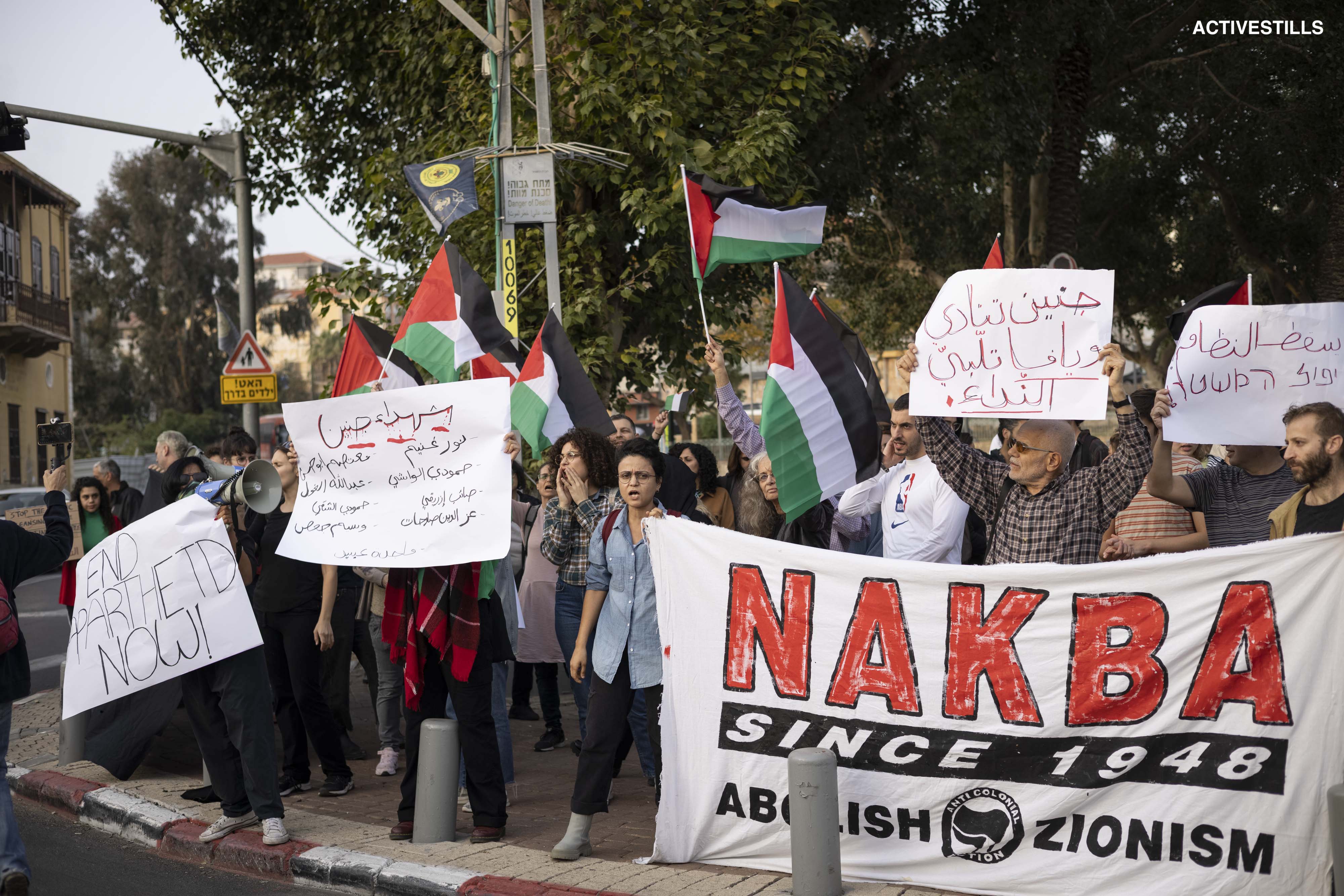
With the demise of the so-called two-state solution and the entrenchment of Israeli settler colonialism and apartheid across Palestine, the possibility of a sovereign Palestinian state is further from reality than ever before. What does a Palestinian political future beyond partition look like? What would this entail for Palestinians within colonized Palestine and across the diaspora? Given their forced fragmentation, how might Palestinians forge collective visions for their political future? In our latest Focus On, Al-Shabaka’s policy analysts imagine Palestinian political futures within the context of historical and ongoing realities.
The PA’s Revolving Door: A Key Policy in Security Coordination
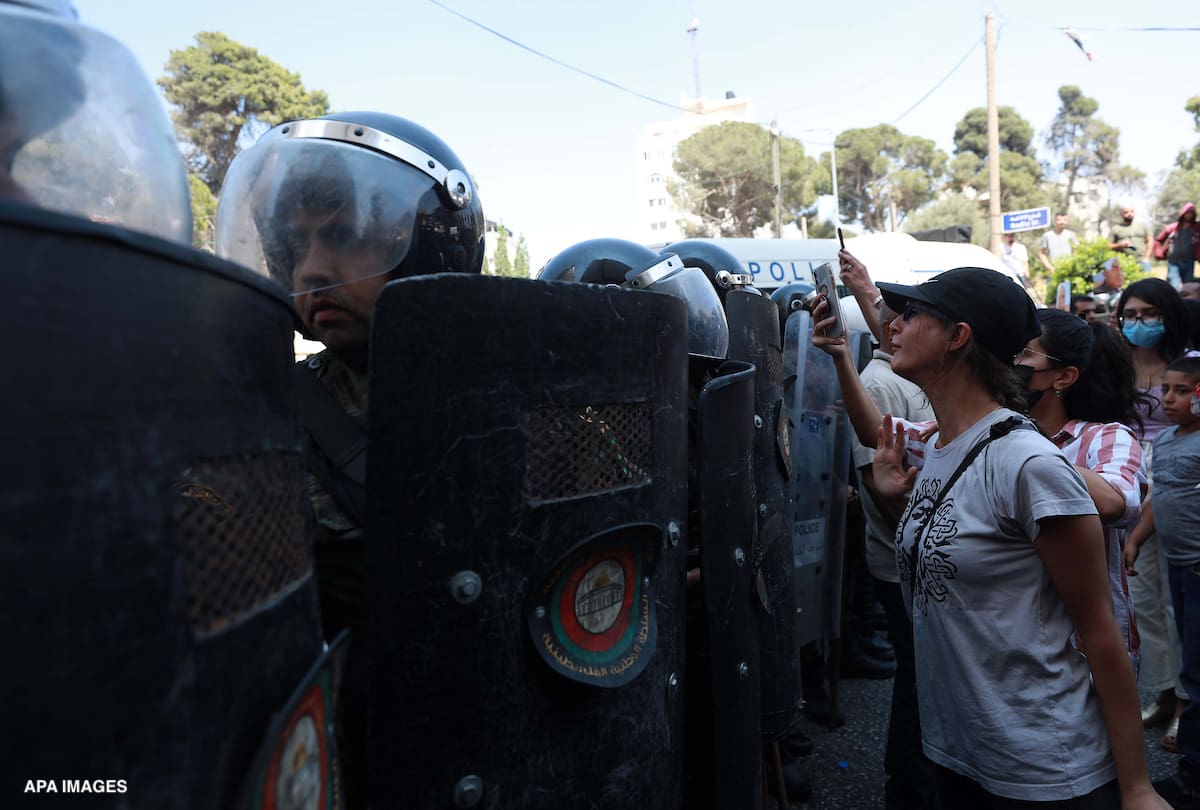
Last month, Israeli forces violently raided the West Bank city of Jenin. PA President Mahmoud Abbas visited the area shortly thereafter, accompanied by a slew of Palestinian security forces. Days later, the PA began an arrest campaign of its own, detaining members of various factions throughout the West Bank. Such a cycle encompasses a critical component of PA-Israeli security coordination: the revolving door/al-bab al-dawaar. In our latest policy memo, Al-Shabaka analyst Alaa Tartir examines the protocol and offers recommendations to both Palestinian leadership and civil society for ways forward.
Israel’s National Guard: A Tool for Palestinian Erasure
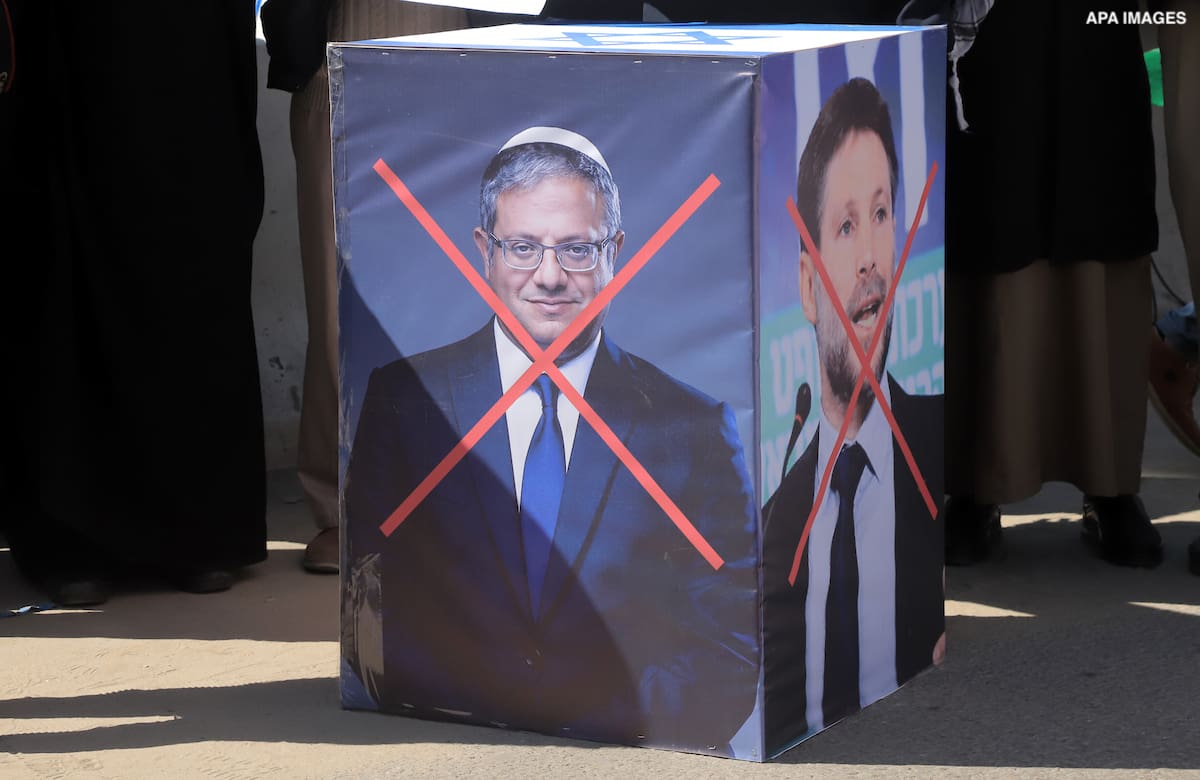
Benjamin Netanyahu has given far-right National Security Minister Itamar Ben-Gvir the go-ahead to establish Israel’s first national guard. Distinct from other Israeli forces, the national guard is designed primarily to target Palestinian citizens of Israel. In this policy memo, guest contributor 24352 looks at the emergence of the new force in order to understand its implications for Palestinian citizens of Israel and proposes recommendations to relevant stakeholders for how to challenge it and protect Palestinians.
Liberal Zionism: A Pillar of Israel’s Settler Colonial Project
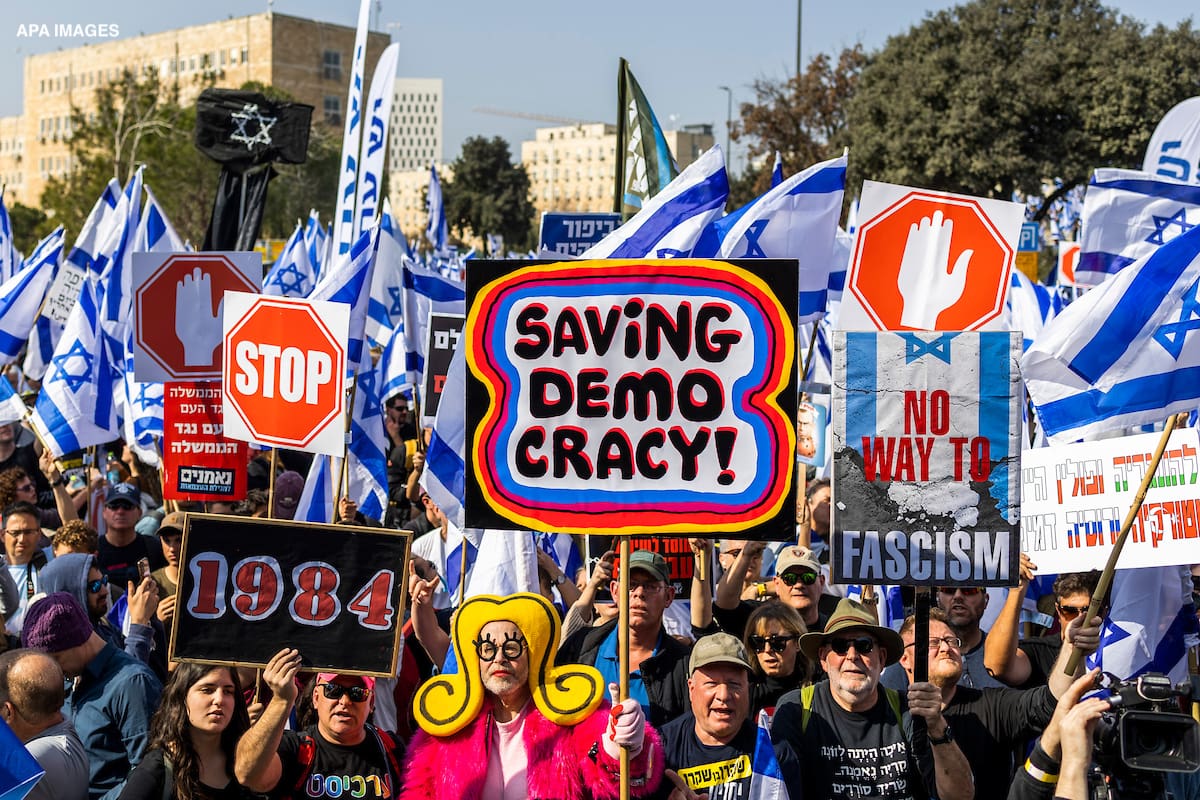
Despite the Israeli regime’s increasingly right-wing policies, liberal Zionism still plays a dominant role in Zionist ideology. It fulfills the specific and critical function of providing the settler colonial project with the veneer of enlightened, Western civilization and democratic, progressive politics. In our latest policy brief, Al Shabaka analyst M. Muhannad Ayyash exposes this veneer and proposes a guiding framework for how to confront and invalidate the notion of liberal Zionism.
Dismantling Abbas’s Rule over the Palestinian Judiciary
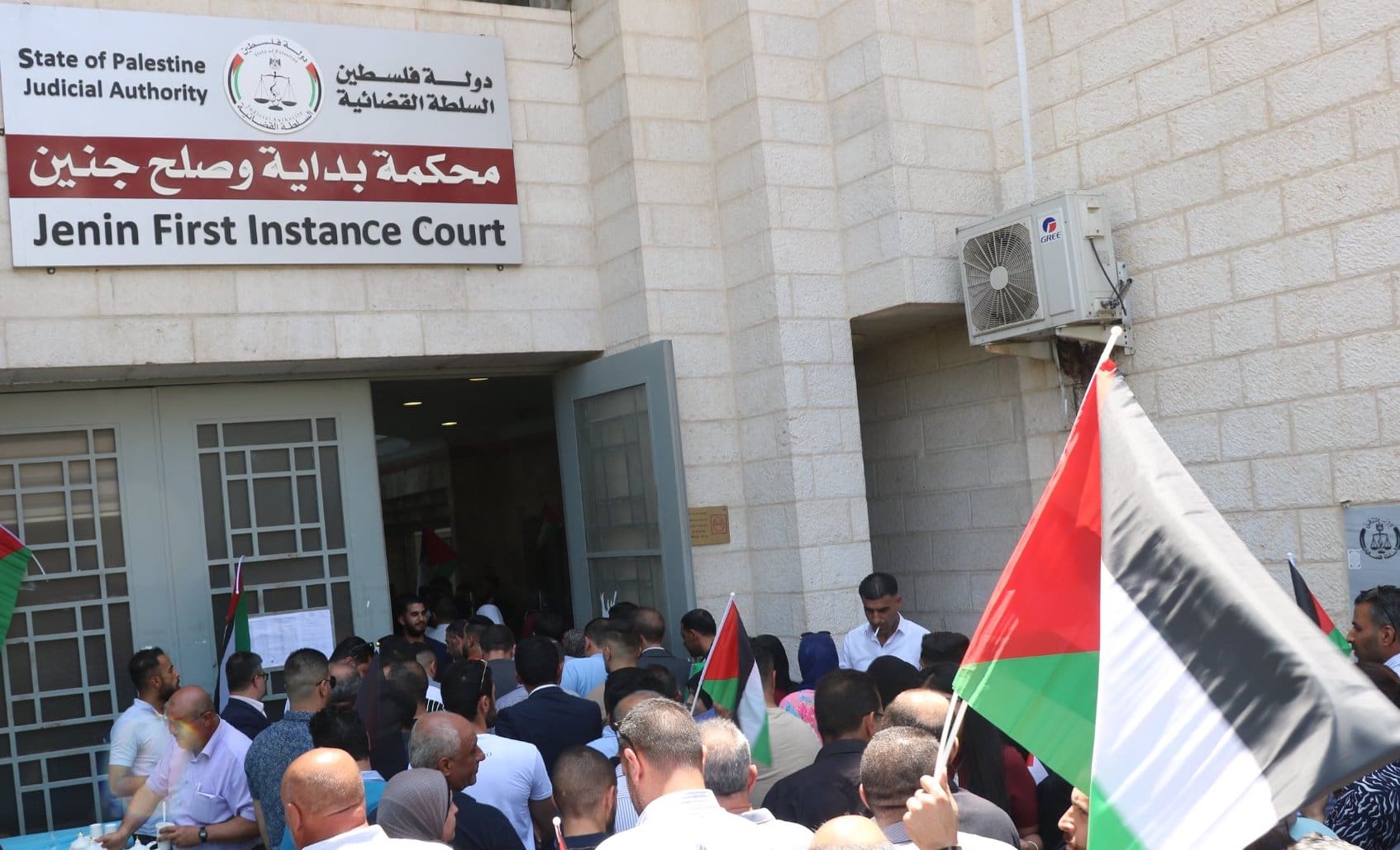
In October 2022, PA President Mahmoud Abbas issued a decree ordering the establishment of the Supreme Council of Judicial Bodies and Authorities that he would head. Through this and other decrees, Abbas and the ruling elite entrench the domination of the executive authority over the judiciary. Al-Shabaka policy analyst 24398 examines these decrees and offers recommendations for confronting them.
Israeli Demographic Engineering Across Colonized Palestine
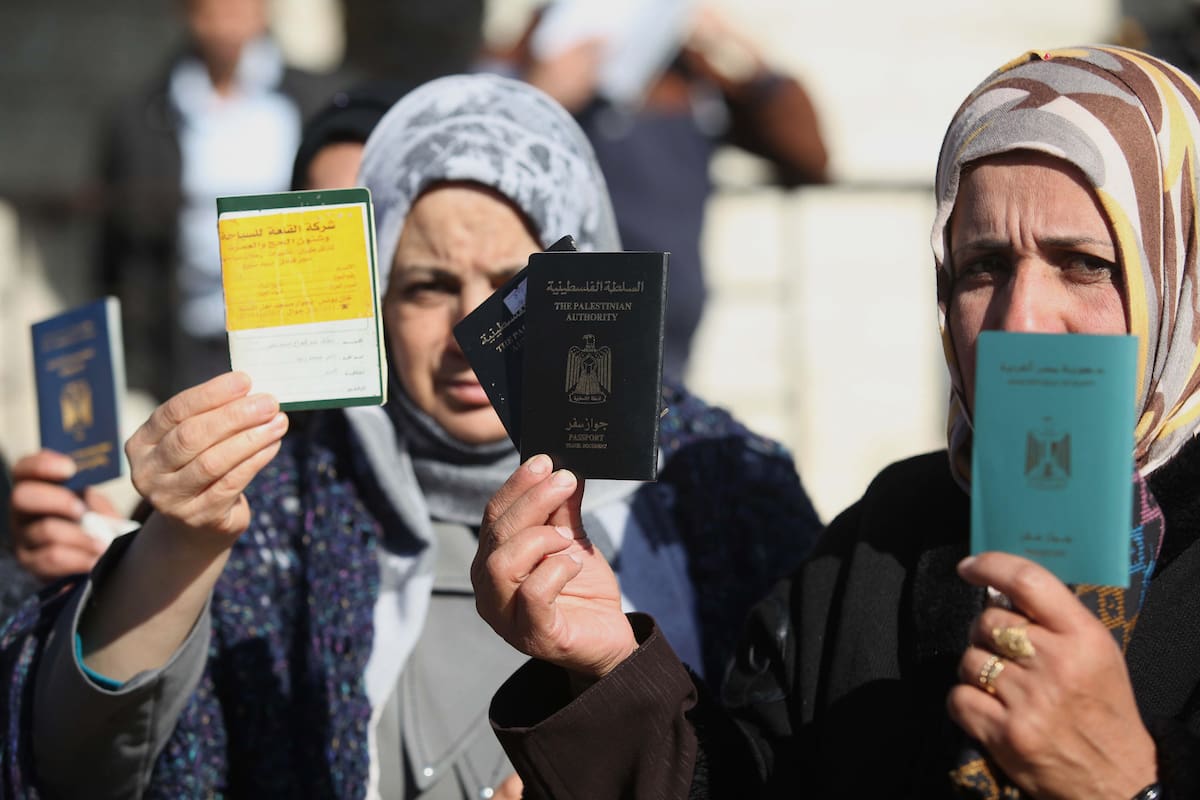
The Israeli regime subjects Palestinians across colonized Palestine to an intricate system of demographic control.
The Legacy of Mahmoud Abbas
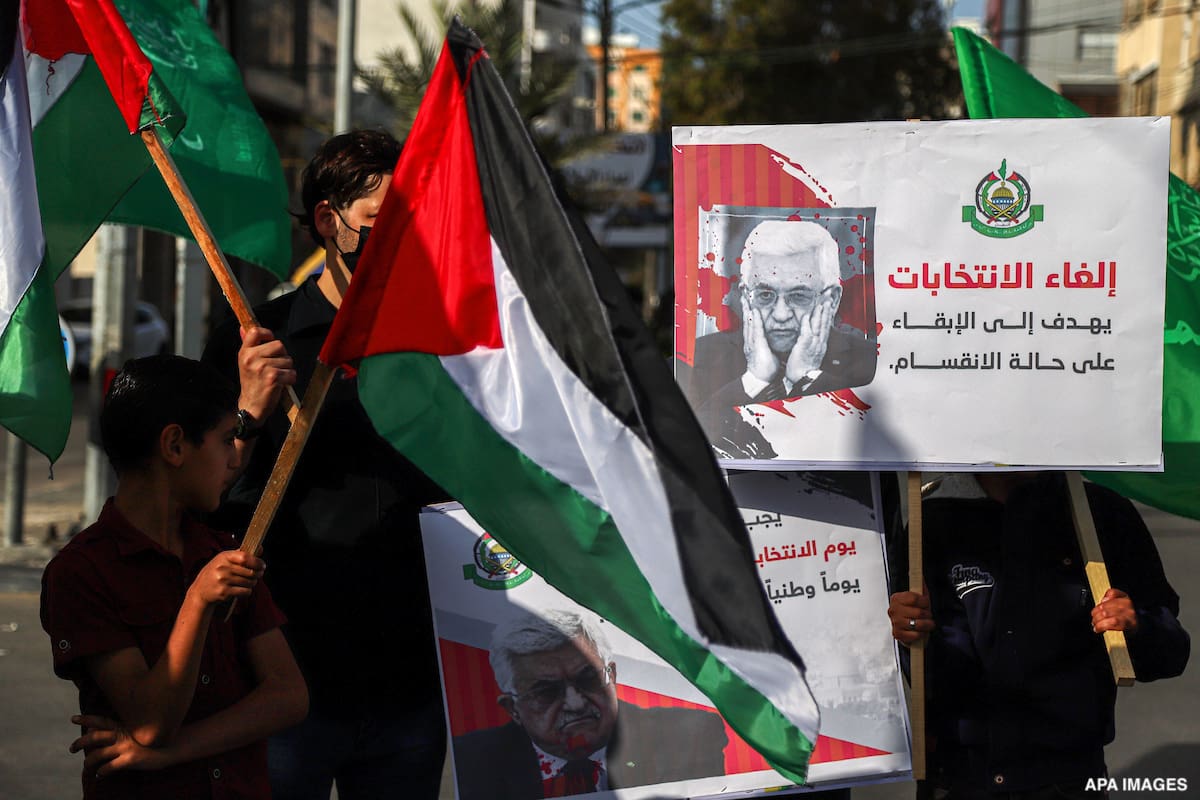
As of 2023, Mahmoud Abbas surpasses his democratic mandate as President of the Palestinian Authority by 14 years. And as speculation mounts about his successor, the question of his legacy lingers. In a new Al-Shabaka roundtable, policy analysts Tareq Baconi, 24588, Alaa Tartir, and Tariq Kenney-Shawa reflect on Abbas’s impact on Palestinian leadership and the Palestinian struggle for liberation.






